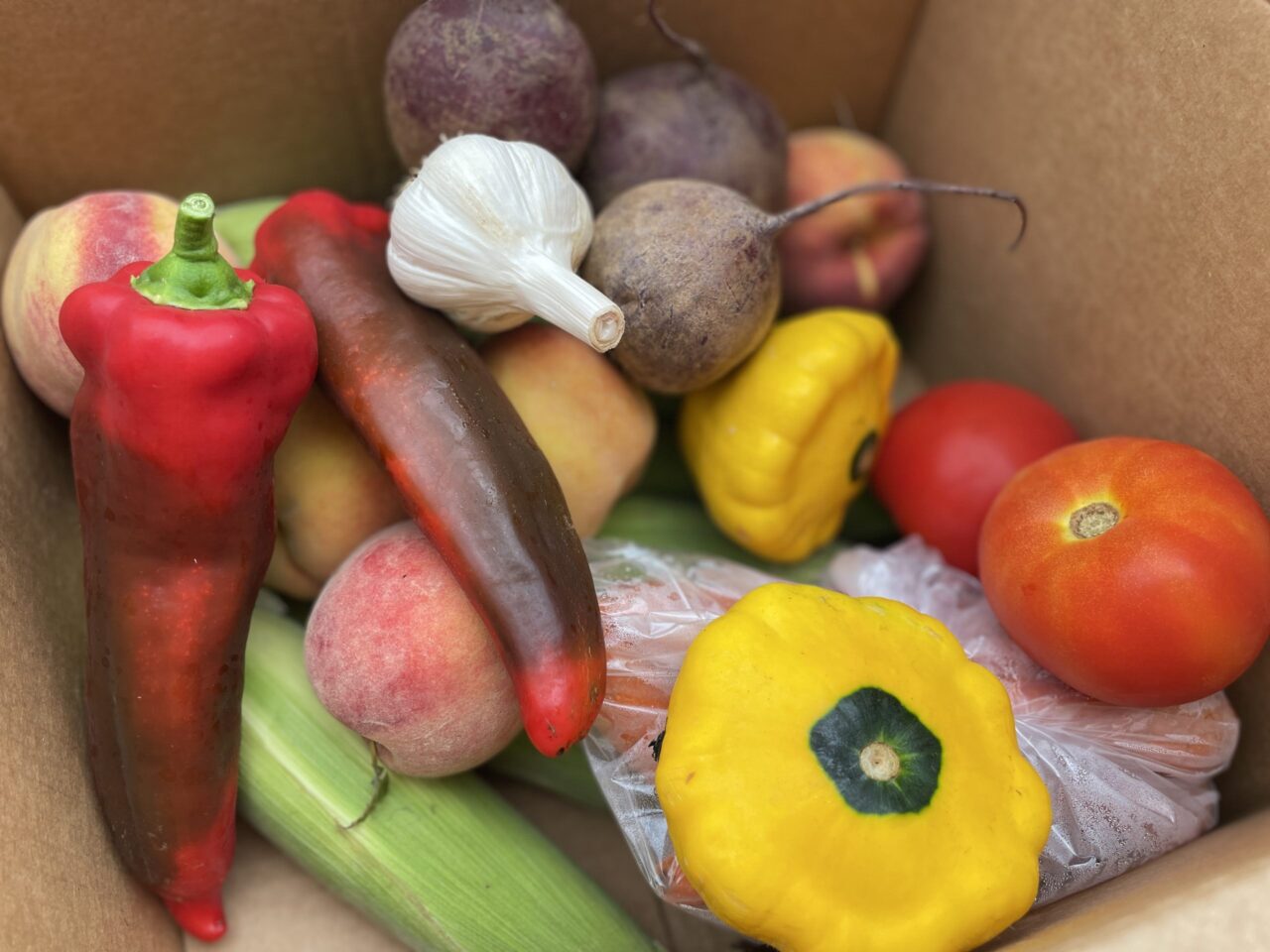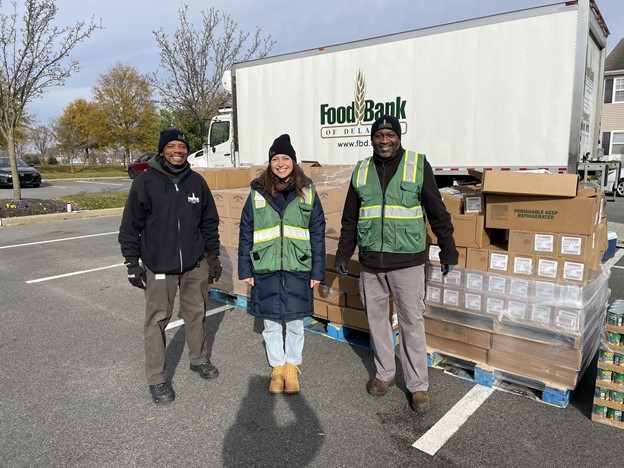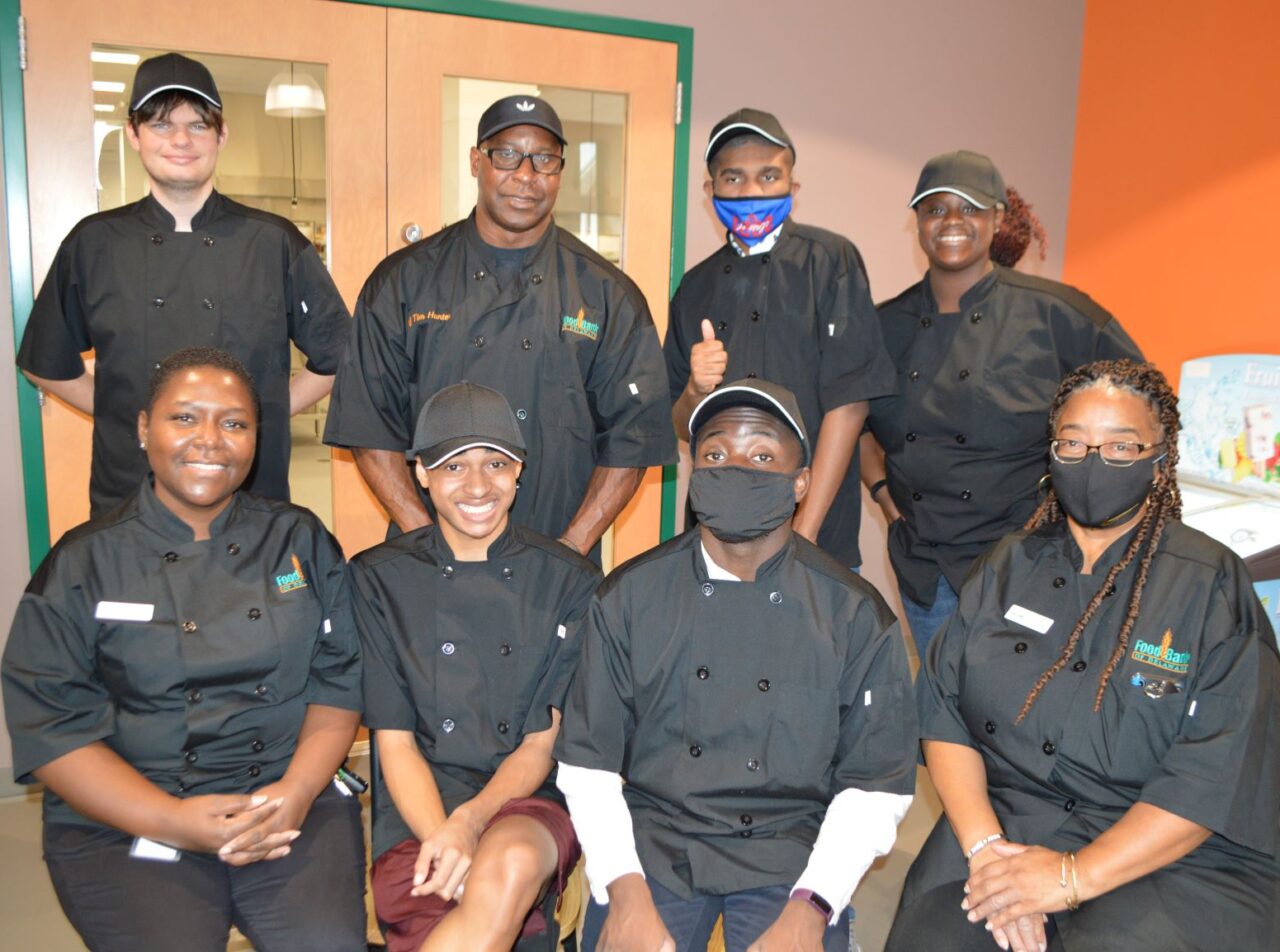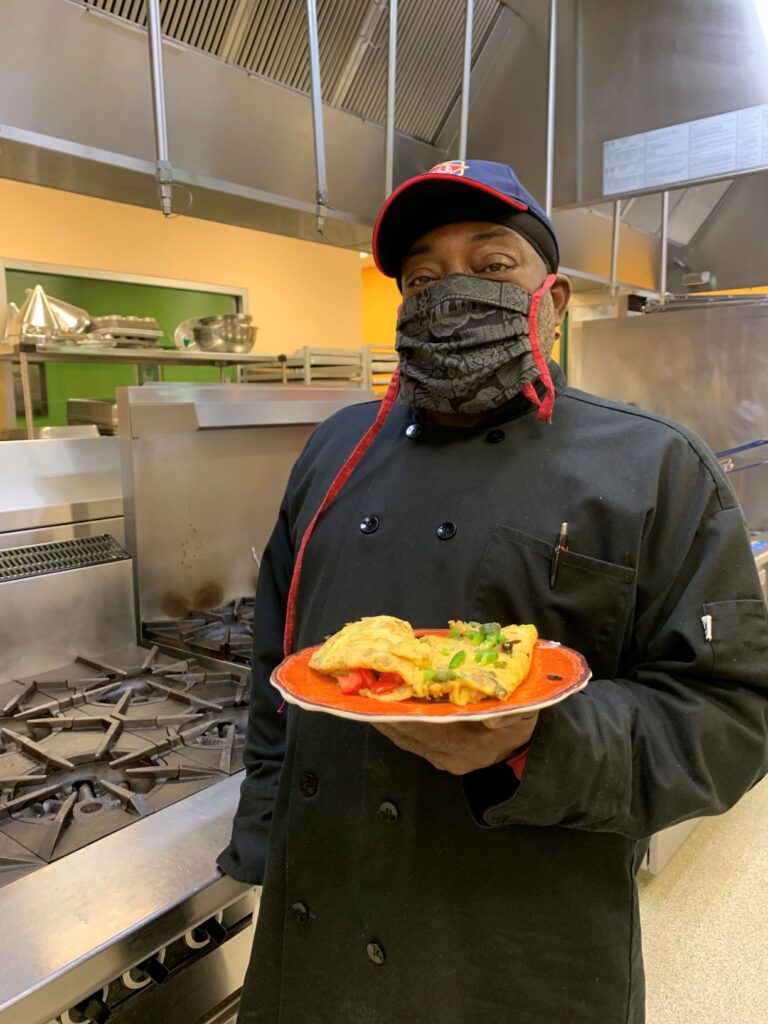Backpack meals help children, struggling young families
November 22, 2022
Because of their proximity to the beaches and resort communities, families of students attending East Millsboro Elementary School struggle with some unique – and negative — economic situations. Parents may work in seasonal jobs where hours are reduced or eliminated during the off season, and they could also face the possibility of being unhoused as rent increases each spring and summer.
Reduced household income coupled with increased costs eventually impact the community’s youngest and most vulnerable residents. Ciara R. Barksdale, school counselor for grades 3, 4, and 5, knows the challenges students deal with at home impact learning experiences at school. It’s important to note that this school’s population is large enough that another school counselor is assigned to students in kindergarten, 1st and 2nd grade.
Barksdale is also the school’s coordinator for the Food Bank of Delaware’s Backpack program. Right now, 59 of the school’s approximately 830 students receive a weekly Backpack filled with weekend meals from the Food Bank of Delaware. The bags are filled with nutritious, kid-friendly meals that include cereal, and foods like macaroni and cheese or spaghetti and meatballs, plus shelf-stable juice and milk.
According to Feeding America’s Map the Meal Gap study in 2020, one in 7 children in Delaware – or 30,920 children – faced hunger. Last year, the Food Bank distributed 140,159 backpack meals statewide.
Barksdale believes more East Millsboro students could benefit from the Backpack program, so she asks teachers to watch for students who say “they are constantly hungry.” Unlike some schools, free breakfasts and lunches are no longer available to all students.
In addition, parents tell Barksdale that “their COVID money has stopped,” so they are struggling to buy food, particularly since food prices have increased. Yet, Barksdale is aware that often parents are reluctant to seek help. “Some people don’t want to help or what they call handouts. They want to try and work for what they have,” she said.
But as a school counselor who works with young children, Barksdale knows it’s difficult for a hungry child to focus – and behave – in the classroom. “Food insecurity impacts the ability to learn for a child, the ability to process information. Many times, when a child has a meltdown and we get to the bottom of the problem, it is because they are hungry. These backpacks help so much, and if a child is absent on the day they go out, I will hold a bag for that child,” she said.
Although as a coordinator, Barksdale accepts some minimal administrative details, she brushes aside that part of the Backpack program. “That is minimal, and look at all the benefits. We, as a school, are so grateful for this program. We do anything we can to help our families,” Barksdale said.
The cost is $300 a year to sponsor a child’s backpacks. Visit www.fbd.org to learn more about the Backpack program. Email CWillis@fbd.org to sign up at a Backpack program site.









